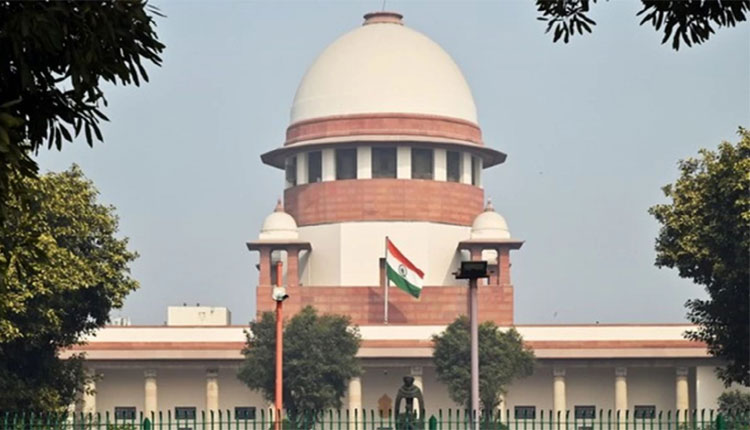New Delhi: The Supreme Court of India has emphasised the urgency of courts refusing bail to accused individuals in corruption cases, emphasising the need for a society free from corruption.
A two-member bench headed by Justice J.B. Pardiwala and Justice R. Mahadevan dismissed the denial of anticipatory bail to an official of the government who was charged with corruption. The court was concerned about the serious consequences of corruption, which it referred to as a looming menace.
The Supreme Court was considering a petition by a public servant who had challenged a Punjab and Haryana High Court order refusing him relief. The High Court had turned down his anticipatory bail application in a case filed against him in Patiala under the Prevention of Corruption Act, 1988, and the Indian Justice Code, 2023.
The court noted that the accused faced an indictment for accepting a bribe to audit development work in a gram panchayat. In its March 3 ruling, the bench said, “If even a fraction of public perception about the extent of corruption is true, it is not far from reality that economic instability in the country is caused by extensive corruption at high levels, with impunity.”
The order also stated that corruption is the biggest obstacle to social progress. The court pointed out that corrupt forces in the government and political circles are a bigger threat to the rule of law in a developing nation than organized crime.
The court explained that presumption of innocence itself cannot be the sole basis for the grant of anticipatory bail. Although the principle of innocence has to be taken into account, courts need to balance the accused’s rights and the interest of public justice.
The Supreme Court emphasized, “If protecting a corruption-free society requires an accused to be deprived of their liberty, courts should not be slow to do so.”



Comments are closed.